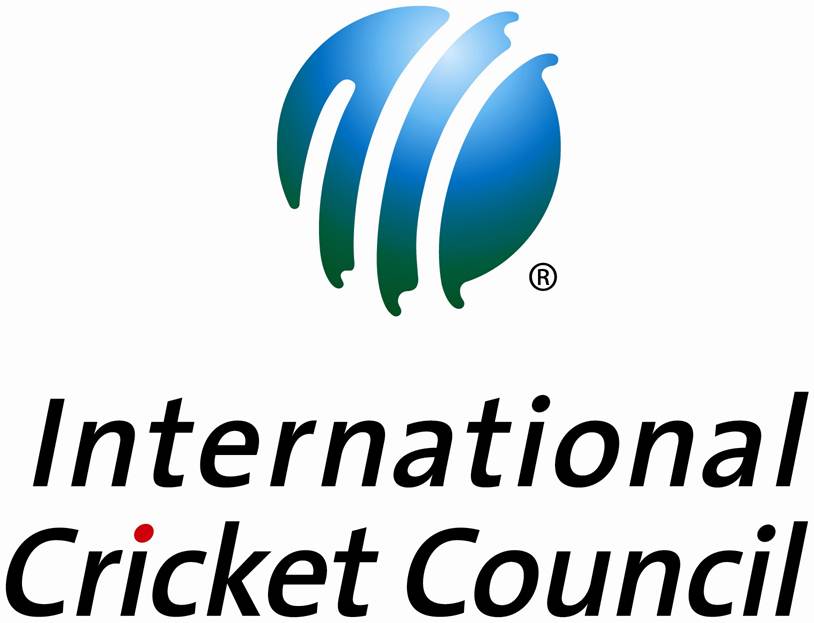London, June 29, 2013: The ICC Annual Conference 2013 concluded in London on Saturday with the ICC Board agreeing to strengthen the sport’s approach to fighting corruption. Key decisions from the meetings related to integrity issues included:
Enhanced anti-corruption protocols
The Chairman of the Anti-Corruption and Security Unit (ACSU), Sir Ronnie Flanagan, presented his annual report in a joint session that was attended by the ICC Board and the ICC Chief Executives’ Committee (CEC). The report included a number of recommendations for dealing with anti-corruption matters.
Reiterating its zero-tolerance approach to corruption, the ICC Board agreed to incorporate an enhanced set of principles for dealing with anti-corruption matters that includes a consistent framework for international and domestic anti-corruption rules, addresses the jurisdictional challenges and sets out principles to support mutual recognition of Member Board decisions/sanctions.
The ICC Board was also updated on the ongoing investigations by the ICC’s ACSU in respect of the Bangladesh Premier League (BPL) 2013. It was advised that further investigative work needed to be completed before any further action can be taken in this extremely important matter.
ICC Chief Executive David Richardson said: “The ICC has a zero-tolerance approach towards corruption and is committed to using all powers available to it to achieve and maintain the goal of a corruption-free sport.
“In the wake of recent events, the ICC and its Member Boards will further strengthen and tighten our Anti-Corruption Codes and other integrity regulations pertaining to international and domestic events and develop methods for better information sharing across jurisdictions.
“The ICC remains confident, but not complacent, that the vast majority of players, officials and administrators in international cricket uphold the best interests of the sport. But there continues to be a very small minority whose involvement with corrupt practices discredits themselves and their colleagues, and tarnishes the reputation of the sport itself. ”
The ICC Board consists of the chairman or president from each of the 10 Full Members plus three elected Associate Member representatives. Also present at ICC Board meetings is the ICC President, who chairs proceedings, the ICC Chief Executive and the ICC Vice-President.
Alan Isaac ICC President
Mustafa Kamal ICC Vice President
David Richardson ICC Chief Executive
Dave Cameron West Indies
Peter Chingoka Zimbabwe
Giles Clarke England and Wales
Jayantha Dharmadasa Sri Lanka
Wally Edwards Australia
Jagmohan Dalmiya India*
Nazmul Hassan Bangladesh
Imran Khwaja Associate Member Representative
Chris Nenzani South Africa
Chris Moller New Zealand
Keith Oliver Associate Member Representative
Najam Sethi Pakistan (acting)
Neil Speight Associate Member Representative
The CEC comprises the Chief Executives of the 10 Full Member nations as well as three Associate Member representatives. Also present is the ICC Chief Executive who chairs the meeting and, by invitation, the ICC President and the chairman of the ICC Cricket Committee.
David Richardson ICC Chief Executive (Chairman)
Alan Isaac ICC President (ex Officio)
Anil Kumble ICC Cricket Committee Chairman (ex Officio)
Intikhab Alam Pakistan*
Naasei Appiah South Africa
Nizam Uddin Chowdhury Bangladesh
Lindsay Crocker New Zealand*
David Collier England and Wales
John Cribbin Associate Member Representative
Warren Deutrom Associate Member Representative
Francois Erasmus Associate Member Representative
Michael Muirhead West Indies
Sanjay Patel India
Wilfred Mukondiwa Zimbabwe
Nishantha Ranatunga Sri Lanka
James Sutherland Australia
*denotes alternates


Leave a Reply
You must be logged in to post a comment.